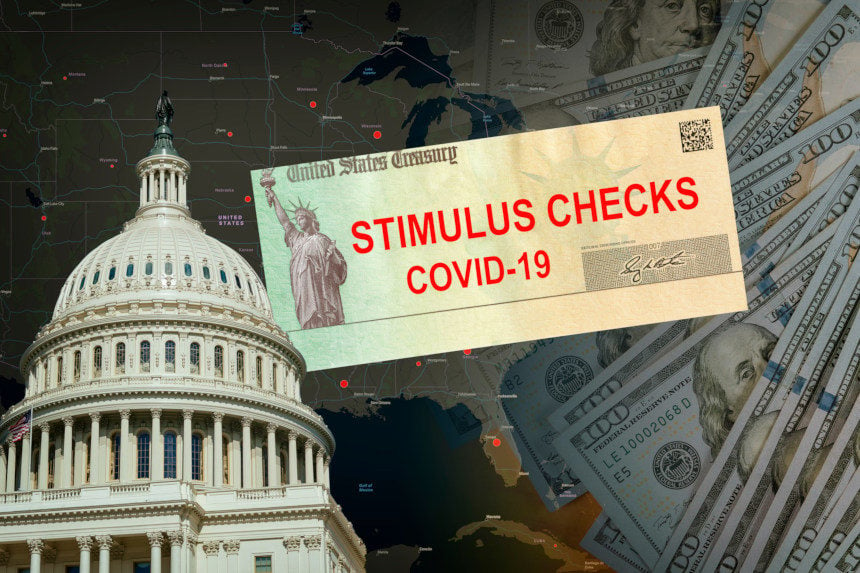Steve Weisman is a lawyer, college professor, author, and one of the country’s leading experts in cybersecurity, identity theft, and scams. See Steve’s other Con Watch articles.
On March 27th, the Coronavirus Aid, Relief and Economic Security Act (CARES Act) was signed into law. A significant part of this legislation provides checks of up to $1,200 per person that will be sent to most Americans. Direct deposit payments are expected to start April 13th, and the mailing of paper checks will start May 4th.
Scammers have been waiting for weeks for this law to be passed, and they are ready to strike. Posing as government employees, they may contact you by phone, email, and text message asking you to pay a fee in order to receive your government check. Or they may ask for your Social Security number, bank account number, or credit card number in order for you to qualify for a payment.
The truth is that you do not have to do anything to qualify for a payment. You do not need to pay a fee. You do not need to apply for your check. You do not need to provide any personal information. Your eligibility will be determined by the IRS. Then your check will be either wired directly into the same bank account you use to receive your income tax refund or sent to you by mail if your past income tax refunds were mailed. It is as simple as that.
Trust me, you can’t trust anyone. Remember, whether by phone, email, or text message, you cannot be sure who is really contacting you. Even if your Caller ID indicates the call is from a legitimate federal agency such as the Treasury Department, it is easy for a scammer to “spoof” that number and make it appear as coming from a legitimate source even if the call is coming from another number.
Scammers posing as IRS or Treasury Department employees are also sending emails and text messages with links and attachments that purport to provide important information you need in order to receive your stimulus payment. However, these links or attachments are really malware such as ransomware or keystroke logging malware. Neither the IRS nor the Treasury Department will be contacting you by email or text message. For information you can trust about the stimulus checks, visit the IRS website.
The Treasury Department is presently working on a website where you can provide your bank account information to the IRS if you had previously had your income tax refund sent to you by mail, but now wish to have the relief check sent electronically to your bank account. If you had already provided your bank account information to the IRS in your 2018 or 2019 income tax return, you do not need to provide this information again. The new website will also enable you to check on the status of your stimulus check.
The IRS will also be mailing a confirmation letter to payment recipients within fifteen days after the payment was made. The letter will provide information about what to do if you have not received your payment.
These are difficult times, and they are made more difficult by scammers with no conscience. But armed with some knowledge about how the stimulus check program works you can avoid becoming a victim.
Featured image: Shutterstock
Become a Saturday Evening Post member and enjoy unlimited access. Subscribe now




Comments
So would I. Seeing them all ‘suddenly’ lose their abilities (and guts) to sign and date such a waiver would indeed be quite interesting and revealing to watch, wouldn’t it?
I would like to see anyone who is protesting against “stay at home” orders in their respective states sign a waiver that releases the government (local, state, and federal) and medical community for being responsible for their health care if they contract Covid-19.
I’d love to break into one of their liar lairs, slap them Burt Lancaster style* before slapping on the cuffs Steve, with LONG prison sentences facing them. Tell me if THAT doesn’t put a gleam in your eye!
*(See trailers for 1957’s ‘Sweet Smell of Success’ also starring Tony Curtis.)